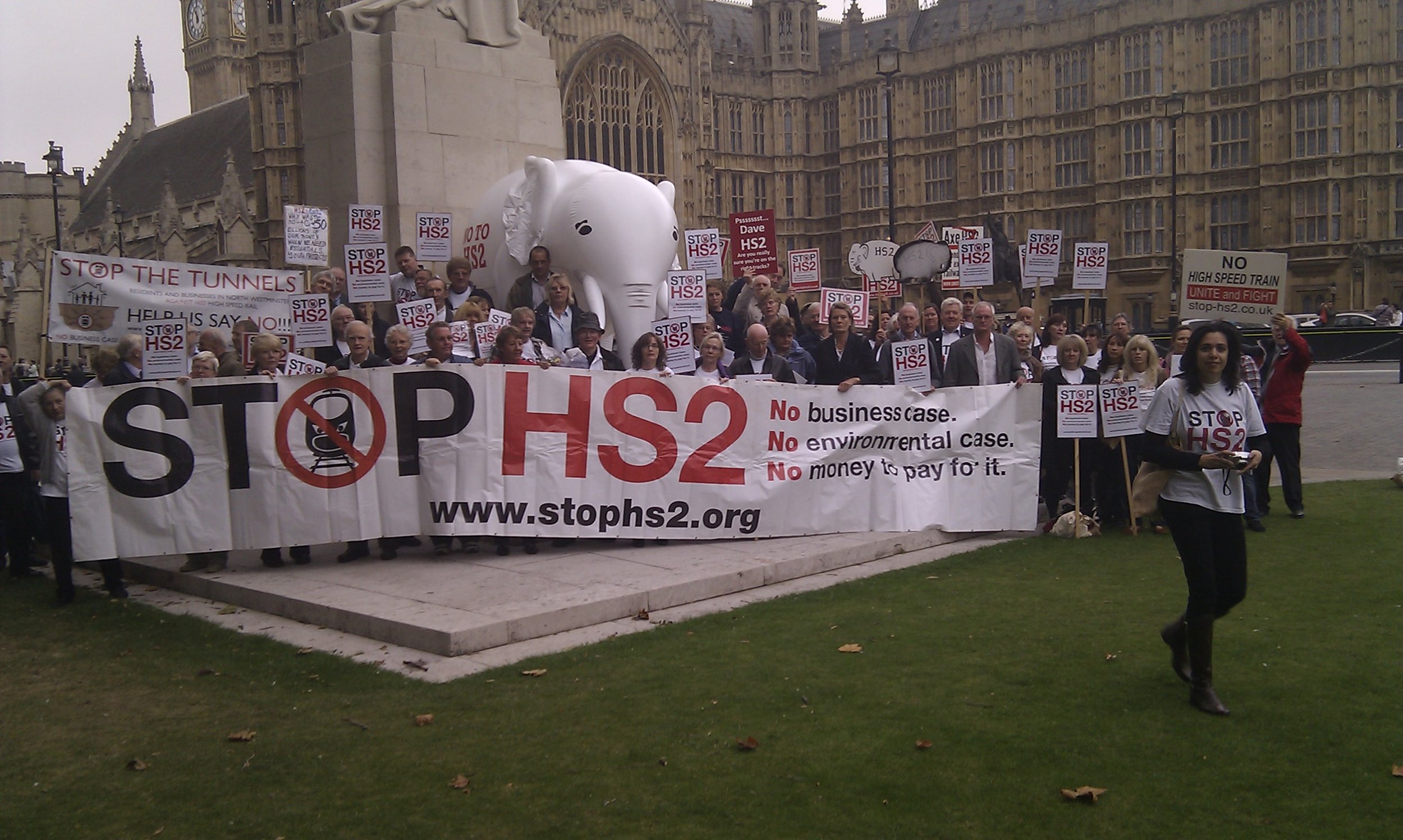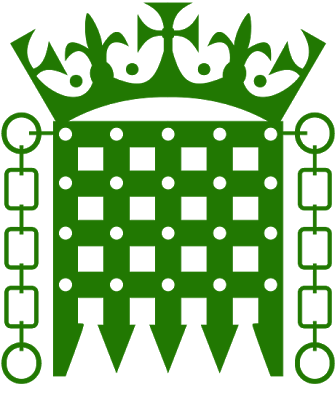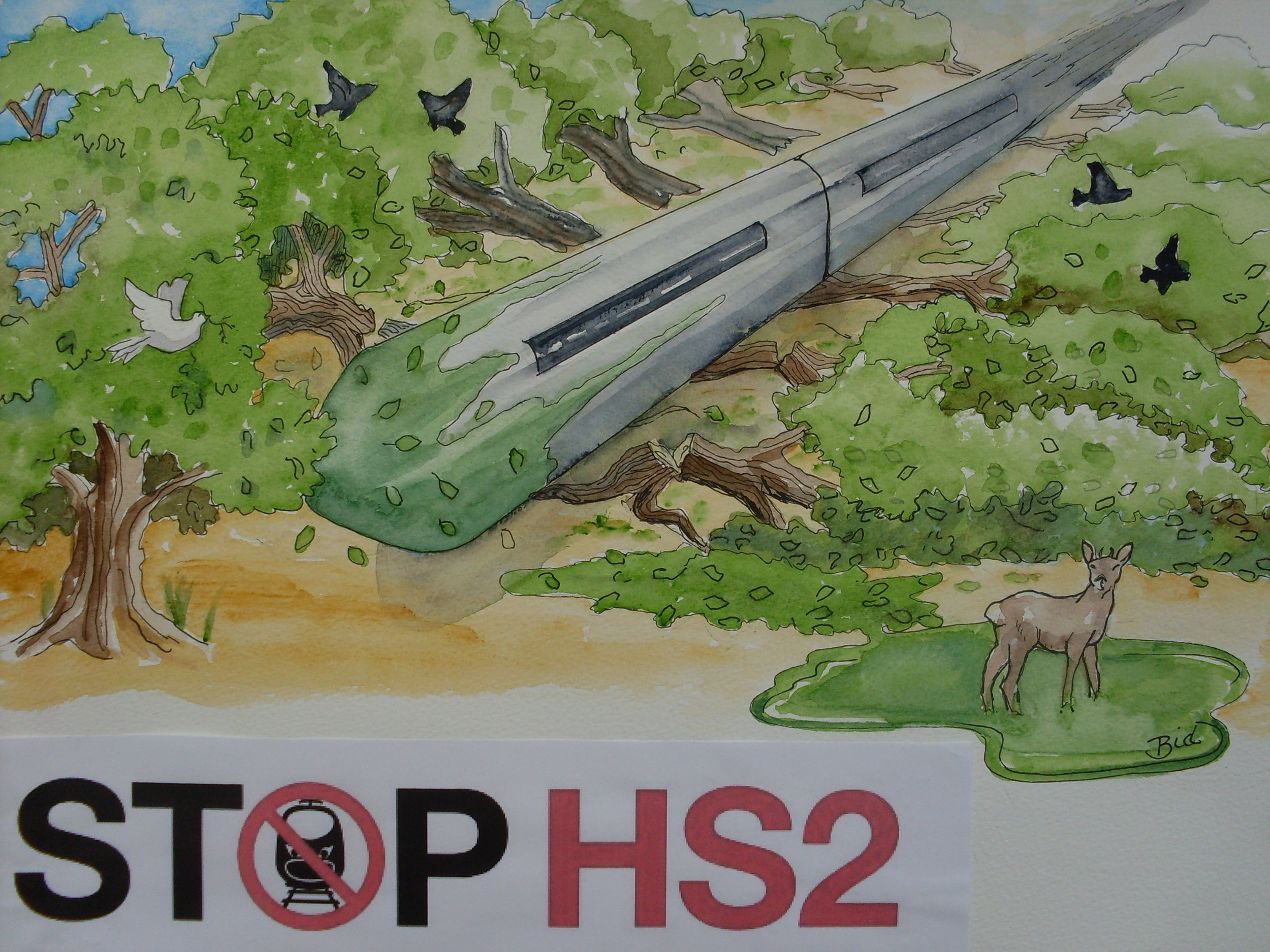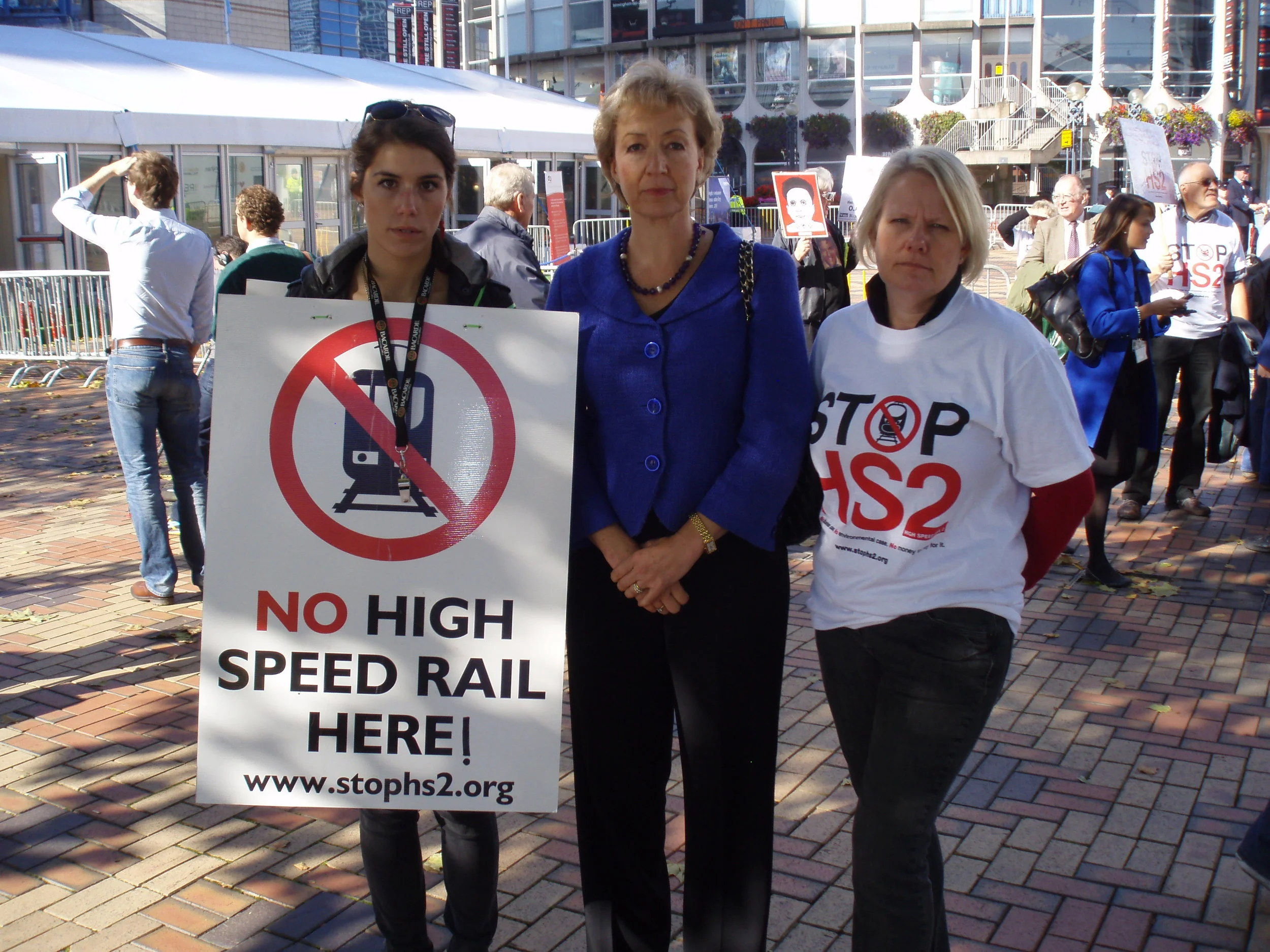HS2 & Spending Round

As someone who has made clear my views against the eye-wateringly expensive HS2 project, I was delighted to have the opportunity earlier today through the Treasury Select Committee to question representatives from the CBI and the Centre for Economics and Business Research, as well as the Chief Secretary to the Treasury, about whether HS2 represents value for taxpayer money and if the project can deliver on its objectives.
Professor Williams, founder of the Centre for Economics and Business Research, stated that it is his view that HS2 is a very expensive way of helping to rebalance the economy regionally and promoting growth, and most calculations show that about 20 per cent of the project’s benefit is regional and about 80 per cent of the benefit goes to London and the south-east. He also went on to say that skills, knowledge and technology are more important than any single high speed rail project, with urban transport such as buses and local train links in regional economies also being important.
John Cridland, the Director General of the CBI, went on record to say that the increased costs of HS2 are a concern, despite the CBI having previously supported the project on earlier costings. His view was that the entire project needs to be reviewed in light of the increased costs and contingencies being applied to it.
Watch this section below.
I was disappointed by the remarks of the Chief Secretary to the Treasury, Danny Alexander, who seemed determined to reject any possibility that the business case for HS2 was being undermined through spiralling costs and changes from speed to capacity. He was also unwilling to accept the findings of the National Audit Office’s report that expressed concerns about assumptions on productivity on journeys. Danny also largely ignored my point that the Adam Smith Institute has highlighted that UK high speed rail costs per kilometre are up to four times that on the continent.
It is particularly frustrating that, given the fact the Government has lost a judicial review on fair compensation, Danny would not answer my question on whether he expects the costs of compensation to now increase, and at what point the cost benefit analysis makes the whole project unviable. I know my constituents will find it incredulous for the Chief Secretary to state that it is his intention for the project to be delivered within, and ideally under, the budget that has been set, given that the costs and contingencies are continually escalating.
You can watch me questioning Danny below, and the TSC will be releasing our full report into Spending Review 2013 in due course





